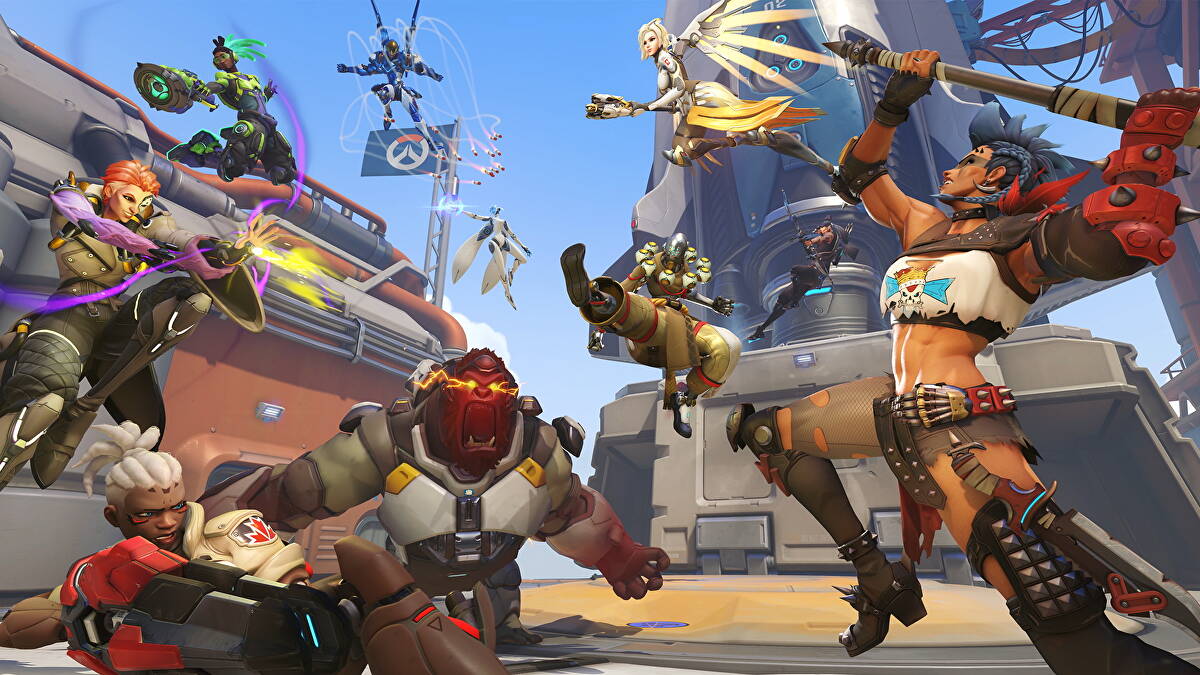Physical Address
304 North Cardinal St.
Dorchester Center, MA 02124
Physical Address
304 North Cardinal St.
Dorchester Center, MA 02124

The Overwatch League teams are taking the $6M check from Activision Blizzard to close the OWL we discuss the future of Overwatch Esports.
On November 8th, GGRecon published an article addressing the future of the Overwatch League, as general consensus was that the league would disband at the end of the 2023 competitive season. This followed the announcement from the Toronto Defiant that they would be leaving the Overwatch League, accepting the $6M cancellation fee from Blizzard that will be given to any organization not wanting to move forward in the Overwatch Esports scene. Though Activision Blizzard is still going to keep the competitive Overwatch scene alive, it’s going to be impossible not to remember the 6-year league as a financial failure.
This marks the end of the experiment, which was the Overwatch League, an esports league unlike anything before it with great ambition and lofty goals. The league launched with a franchise league model with team spots starting at $20M, with expansion teams later being added at the price tag of $30M to $35M. The ultimate vision for the league at launch was to have a model similar to traditional sports, with teams representing cities or geographical regions with teams traveling from city to city to play their weekly matches.
Unfortunately, the league wouldn’t last long enough to see those visions come to life, as the reports started to circulate that after the end of the 2023 competitive season, the Overwatch League teams would be given the chance to either move forward with the OWL under an updated agreement or they’d be given $6M as a termination fee. With Toronto’s announcing they accepted the $6M from Blizzard, it’s speculated that most, if not all, of the Overwatch League teams, will be receiving the termination fee as well, which will result in an approximate $114M bill for Blizzard.
Some teams will have ended up losing over $29M in their total investments after taking player salaries, team expenses, and tournament winnings/total revenue into consideration. It was well known that the Overwatch League was failing to bring in any money, with some reports showing that the League brought in less than 1% of Activision Blizzard’s consolidated revenue. With the league hemorrhaging money, there was really no other choice other than to end the league with its current operations.
Activision Blizzard has said in a statement to GGRecon that they are not completely abandoning Overwatch Esports but rather “transitioning” and “evolving” how the competitive scene will run and operate moving forward. Many expect Activision Blizzard to make a deal with a 3rd party event organizer to handle the tournaments and competitive scene for the fans esports audience, which would free up the company to worry more about the game experience for the casual audience, something that has felt missing since the game released.
It’s hard to imagine that a game with such a large following and space in the consciousness of the general public will ever be without a competitive scene. The game has the fundamental building blocks that every esports needs. However, looking back, it never was destined to rival the likes of the NFL, NBA, or MLB. The game was new and exciting, and unfortunately, some would lose a ton of money in the hype. Though it’s likely never to happen again as the Overwatch League will forever be a lesson in putting too much money into a new esport too fast.